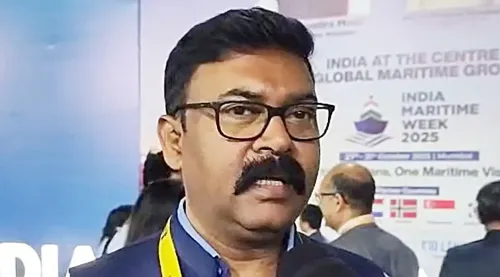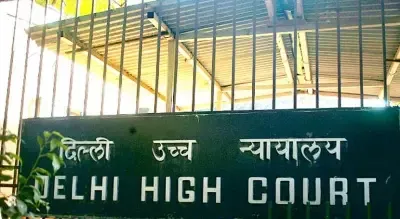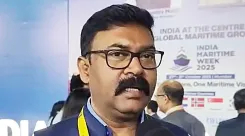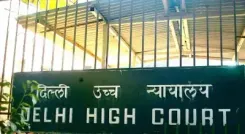Is Maharashtra Accelerating River Protection and Revitalization?
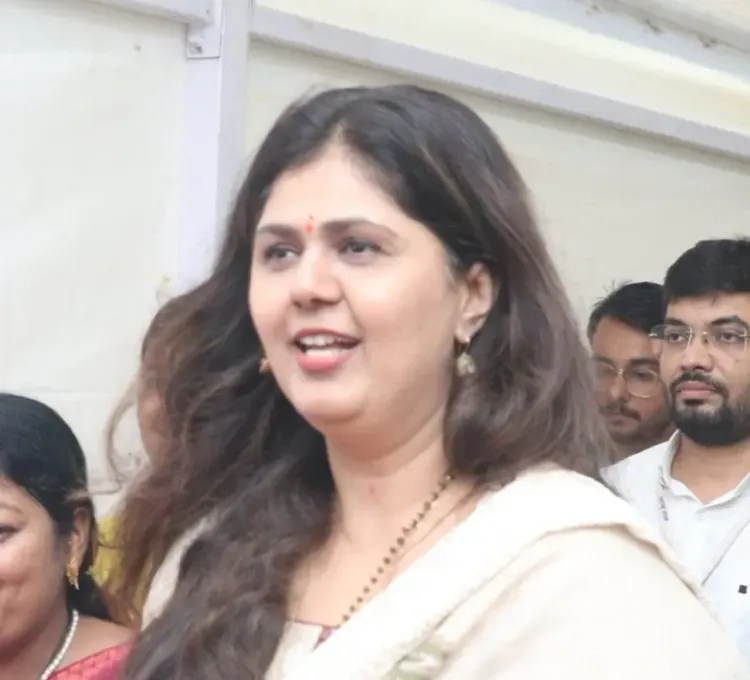
Synopsis
Key Takeaways
- Maharashtra is accelerating river conservation efforts.
- Focus on wastewater management to combat pollution.
- Ambitious goal of 100% sewage treatment.
- Ban on single-use plastics enforced.
- Comprehensive action plan for environmental protection.
Mumbai, July 15 (NationPress) The Minister for Environment and Climate Change, Pankaja Munde, informed the Legislative Assembly on Tuesday that numerous initiatives are being fast-tracked under the National River Conservation Scheme aimed at combating pollution, promoting cleanliness, and rejuvenating the rivers within the state.
As part of this initiative, extensive actions are underway to safeguard the primary rivers in the region, with particular focus on wastewater management to curb river contamination.
During the discussion regarding a motion put forth under rule 293 in the Legislative Assembly, Minister Munde highlighted: "A significant project sanctioned by the Central Government on January 14, 2016, targeting pollution control of the Mula and Mutha rivers in Pune stands as a prime example. This project encompasses 11 sewage treatment facilities and a new sewage network extending 53.5 km. The Central Government is financing 85% of the expenses while the Pune Municipal Corporation contributes 15%."
To mitigate pollution, she mentioned that municipal corporations, municipalities, and village panchayats have been directed to establish sewage treatment systems. At present, just 50% of the utilized water undergoes purification, with the remaining water being discharged into the river in an untreated state. The government has set an ambitious goal of achieving 100% sewage treatment.
“There is also a strong emphasis on the plastic-free campaign, removal of encroachments along riverbanks, and strategic planning for riverfront development. Awareness initiatives have been launched across the state in honor of Environment Day. A ban on single-use plastic has been enforced, and directives have been issued to shut down 422 industries violating this regulation,” stated the minister.
The minister also revealed that a comprehensive action plan has been devised for controlling river pollution and protecting the environment, and the government is diligently working towards its implementation. Concerns regarding the animal burial ground in the Deonar area have been noted, and a suitable decision will be made after exploring alternative solutions.
Minister Munde assured that necessary actions would be taken regarding the shortage of medical professionals in the slaughterhouse, in addition to enhancing the services provided to them.

